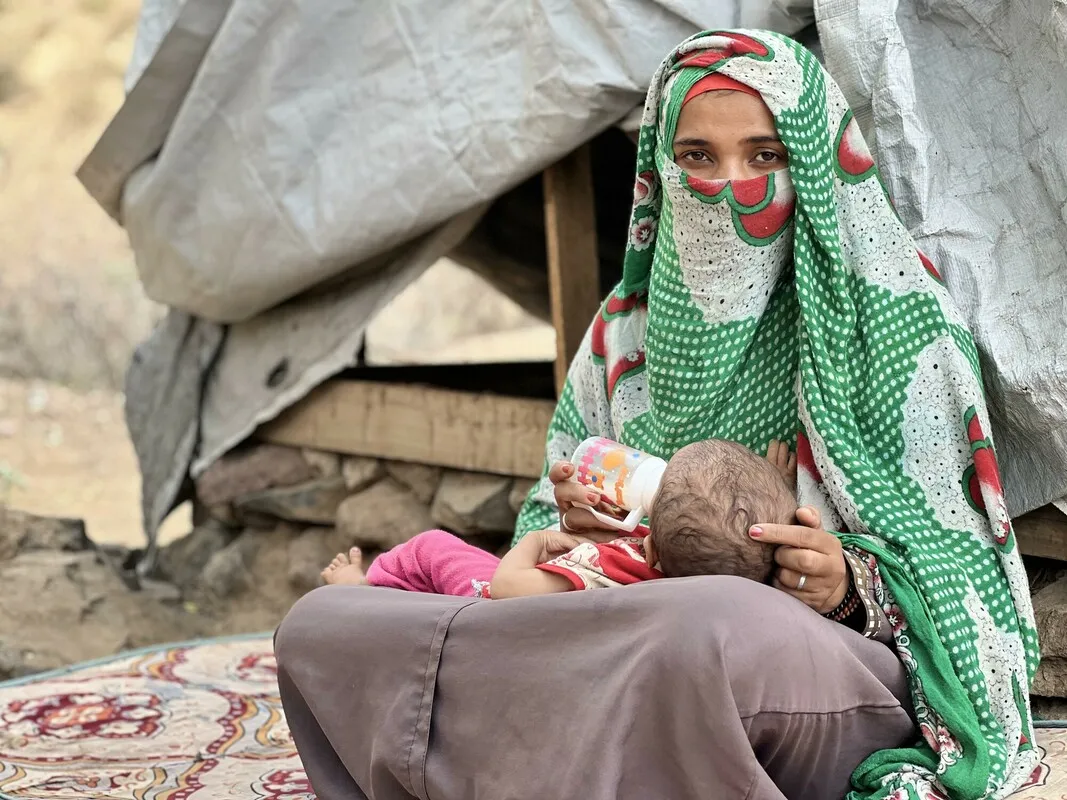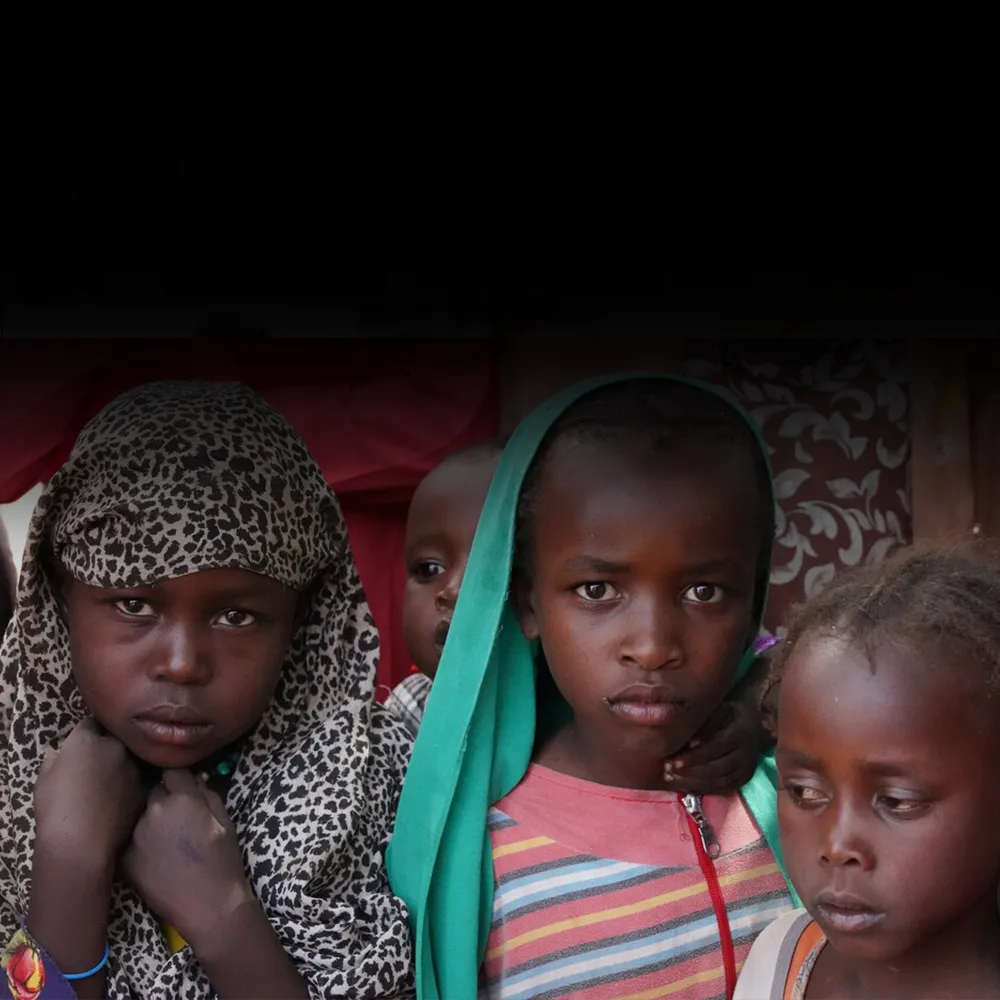At the same time, crises and humanitarian needs have grown significantly over the past 10 years.
We usually separate our work into two parts: development in stable areas and emergency help in crisis zones. However, as of 2025, few countries or regions globally are truly stable. By 2030, it’s likely that over 80% of the people living in poverty will be in unstable places. Wars, conflict, natural disasters, and changes in the environment are now common. For example, long dry periods called droughts can destroy crops, making food very expensive. Fighting and violence can force people to leave their homes and lose income opportunities.


